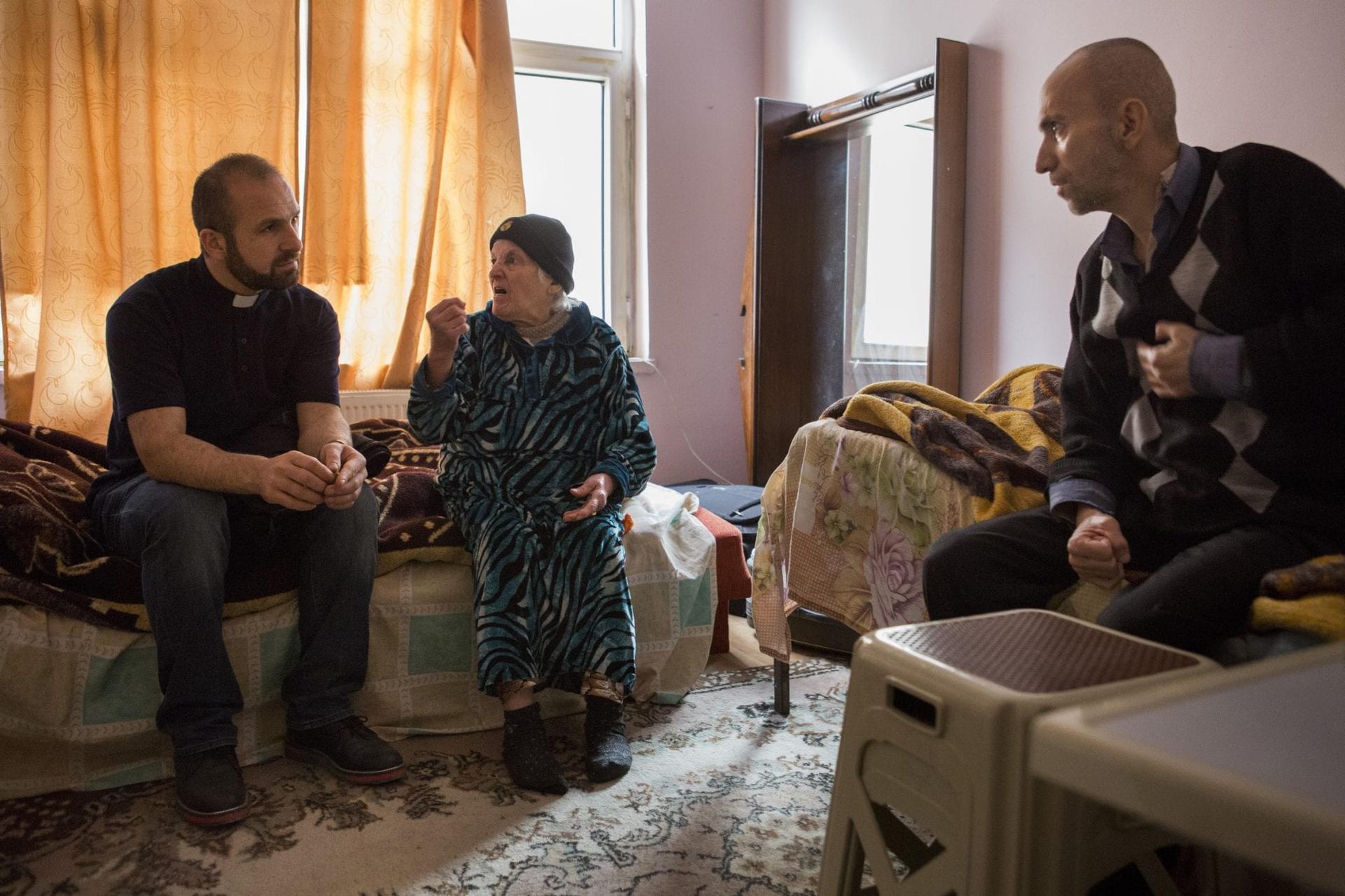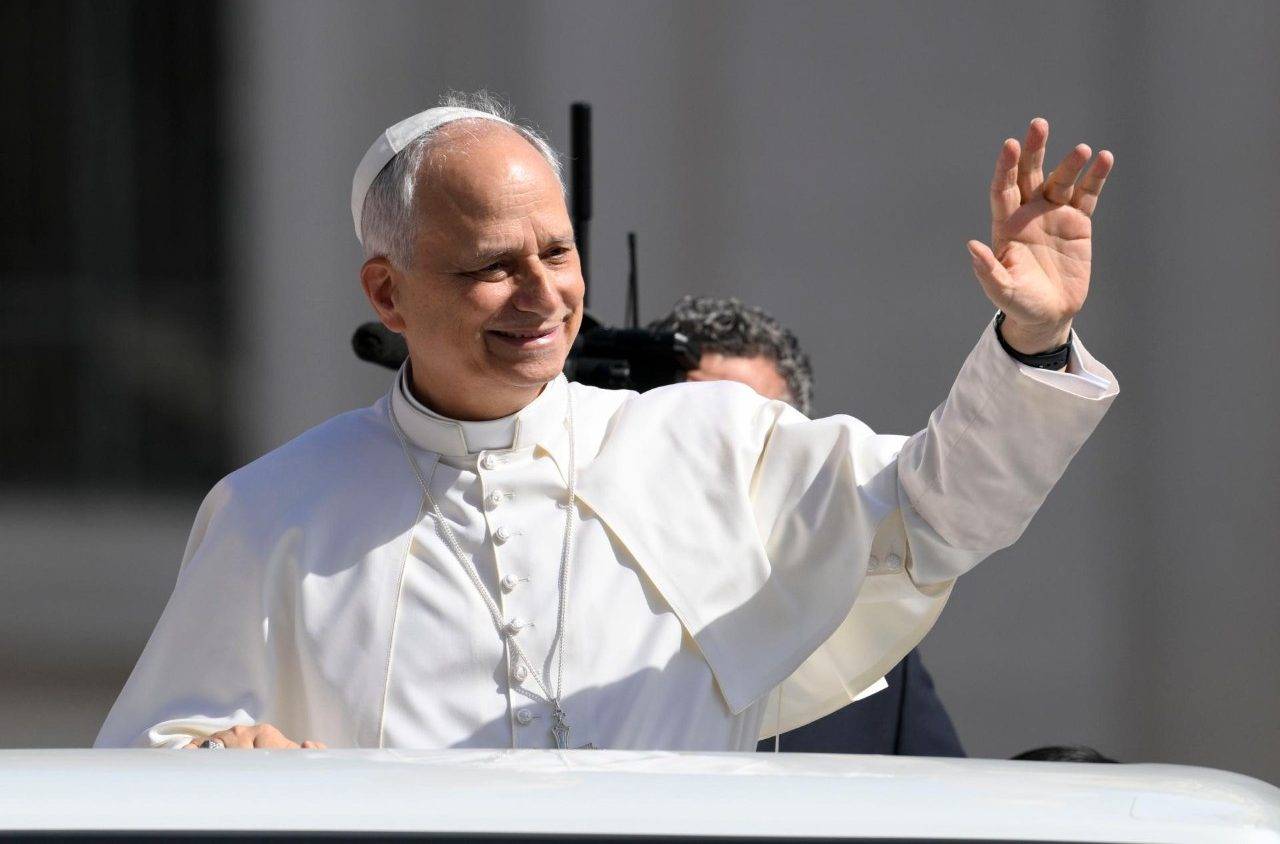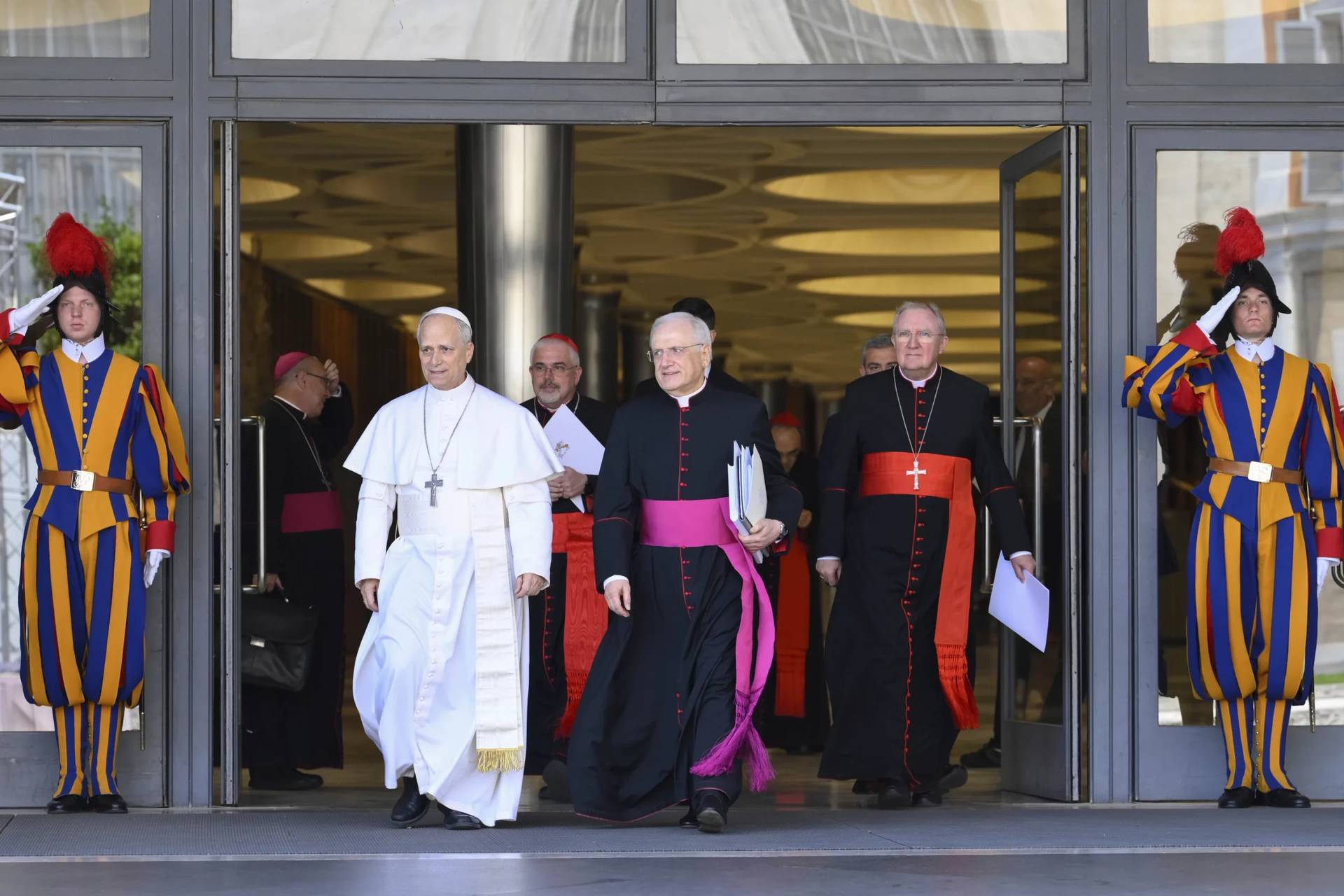Since a key element of President Donald Trump’s controversial executive order on refugees is to give preference to minority groups such as Christians in seven majority-Muslim nations, it’s obviously a good idea to consult the Christians of the Middle East themselves in terms of what they think about it.
In recent days efforts have been made to do just that, but the problem is that at face value, they seem to be saying different things.
Patriarch Louis Sako of the Chaldean Catholic Church in Baghdad recently called the provision “a trap for Christians in the Middle East,” saying, “Every reception policy that discriminates for the persecuted and suffering on religious grounds ultimately harms the Christians of the East, because among other things [it] provides arguments to all propaganda and prejudice that attack native Christian communities of the Middle East as ‘foreign bodies,’ supported and defended by Western powers.”
In a similar vein, the Chaldean Bishop of Aleppo, Antoine Audo, said that any policy appearing to prefer Christians over Muslims “feeds fanaticism and extremism”.
On the other hand, Archbishop Bashar Warda of Erbil in Iraq, in an exclusive Q&A with Crux, said, “As long as this is understood as something available to all the minority communities of Iraq, and not just to the Christians, I do not think this will make it harder for us Christians here in Iraq.”
On the whole, Warda seemed positively inclined to Trump, saying, “Iraqi Christians celebrated when Trump won, because they hoped the American government would finally care about them after years of neglect by your government.” He also called on the American media to stop referring to the order as a “Muslim ban,” saying that such rhetoric poses a threat to Christians on the ground.
So, what gives?
There are probably three points that help explain the apparent discrepancy.
First, there’s a key distinction between a refugee policy that gives overt preference only to Christians, and one that contains a fast-track provision for all victims of ISIS-fueled genocide, which would include Christians, Yazidis, and, in some circumstances, Shi’a Muslims.
Granted, the ability to make that distinction has not been helped by Trump himself, who in an interview with the Christian Broadcasting Network defending the refugee ban, spoke largely about the need to protect Christians.
In effect, what Sako and Audo appear to be saying is that if the perception is that Trump’s policy is designed to benefit only Christians and to disadvantage Muslims, it could have disastrous fallout. Warda’s point is that if it’s instead seen as designed to aid all victims of ISIS, regardless of religion, that risk could be diminished.
Second, it’s important to remember the context out of which bishops in the Middle East speak when they evaluate political leaders, whether domestic or foreign.
From time to time, Western Christians are appalled by friendly statements Christian bishops in the Middle East will make about figures such as Syria’s Bashar al-Assad, or Russia’s Vladimir Putin. Yet as anyone who has spoken to these prelates over the years realizes, it’s not that they’re under any illusion Assad or Putin are angels, but they do sometimes function as the only firebreak between Christians and annihilation.
The practical reality is that when your house is on fire, you really don’t care about the motives of the water brigade that puts it out, you’re simply grateful they showed up.
From my experience, Christian leaders in the Middle East clearly grasp that the anti-Muslim rhetoric Trump used on the campaign trail is incendiary, and they also know perceptions of American privilege for their churches would be deadly. Further, they’re probably the last people on earth who would be excited about another reckless American-led military intervention in the Middle East.
On the other hand, after all they’ve suffered, any leader who gives attention to the plight of the region’s Christians is likely to find some degree of gratitude, regardless of that figure’s provenance or broader agenda.
To put the point differently, Americans react to everything a president does in the context of their feelings about his broader agenda and where he’s taking the country. Genocide survivors in other parts of the world can probably be forgiven for having a very different basis for judging a US president.
If anti-Trump forces in the States are dismayed by Warda’s comments, they might well ask what the political opposition in America could do to reassure Middle East Christians that no matter who’s in charge here, the fate of those Christians will remain a priority.
Third, to some extent the contrast among Sako, Audo and Warda might also be related to the conditions of the local churches they lead.
In both Baghdad, where Sako is based, and Audo’s Aleppo, things have stabilized a bit but the situation remains deeply precarious, and, if given easier routes to leave, more Christians might do so. Understandably, for pastors fighting desperately to keep Christianity alive in the region, that prospect is troubling.
In Kurdish-controlled Erbil, Christians are relatively well protected by the government and basically free to practice their faith. That’s a primary reason Erbil is one of the main destinations to which persecuted Christians in Iraq and Syria have fled, meaning that Warda’s flock isn’t in free-fall but actually surging.
Christian leaders in the Middle East are often trapped in a Faustian choice: Wanting their people to be safe, which may mean watching them leave, and not wanting the faith for which they’ve sacrificed so much to vanish. Some degree of ambivalence about preferential status to enter the States is undoubtedly related to that dilemma.
In any event, one key to listening to the Christians of the Middle East is not to impose American categories on the conversation. For them, the question that matters isn’t yes or no to Trump, but what will best keep their people alive and their churches open?
Let them talk about that, and all sides in America politics would probably be surprised at what they hear.














